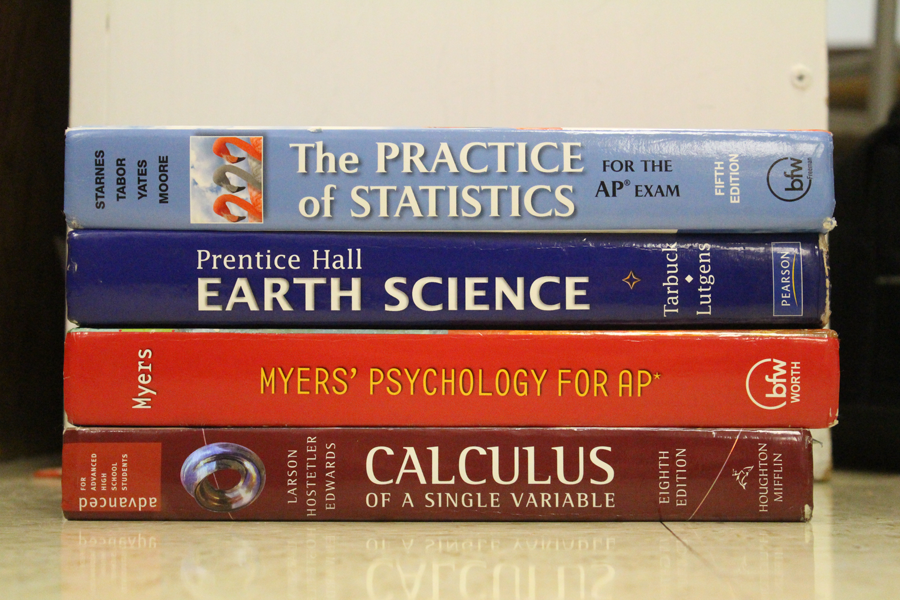Students Share Their Study Methods for Finals
Published: December 16, 2015
http://goo.gl/U8dPFv
Studying using flashcards is one of the most common techniques students use. They can have a question on one side and the answer on the other, or have a word on one side and the definition on the other for vocabulary. “Flashcards help a lot. It enables me to quiz myself, and shows whether or not I actually remember it.” sophomore Ariana Plaza said.
Studying early and a few days before the test can also help the mind learn and remember more information. Many students like to simply study for long hours the night before a test, but consistently studying helps the mind more than cramming. “Make sure that you’re chunking up the amount of material in the week leading up to a test so that your brain is able to hold that much information into memory,” psychology teacher Mark Wright said. “If you try to remember a whole lot of stuff at one time, then there’s a tendency for a lot of that to just be forgotten.”
Studying using Quizlet is a very common method around FHN. It can be used for more than just flashcards. A student has the option on many ways to study. They can choose from a number of interactive studying tactics. “I use Quizlet because lots of my teachers use it, and it actually helps with the flashcards, and it makes a little test online for you. Quizlet is my thing,” senior Monica Buckner said.
Studying using reviews or old tests is another tactic that students use. For this method, it is smart for students to collect all of their tests or section/chapter reviews and keep them throughout the semester. When it comes time for finals, they can practice their skills by retaking the questions from the tests. Many teachers also give out review guides, so using that once, or even doing it twice can help. “If we have a review, then I look at the review,” Buckner said. “Normally, I take the review and put it on Quizlet because it makes the test.”
Studying using associative learning is a widely used method. “People have a lot better of an ability to commit information to long term memory if they’re able to form associations with material,” Wright said. “Maybe connecting what they’re learning to something that they’re learning in another subject, or connecting something they’ve learned to a real-life situation that they’ve been through, or something that’s personal to them, so the more that you can connect and make meaning out of what you’re learning, the better you’re able to make it a long term memory.”







![2025 Graduation [Photo Gallery]](https://FHNtoday.com/wp-content/uploads/2025/06/Patel_Grad-11-300x200.jpg)






